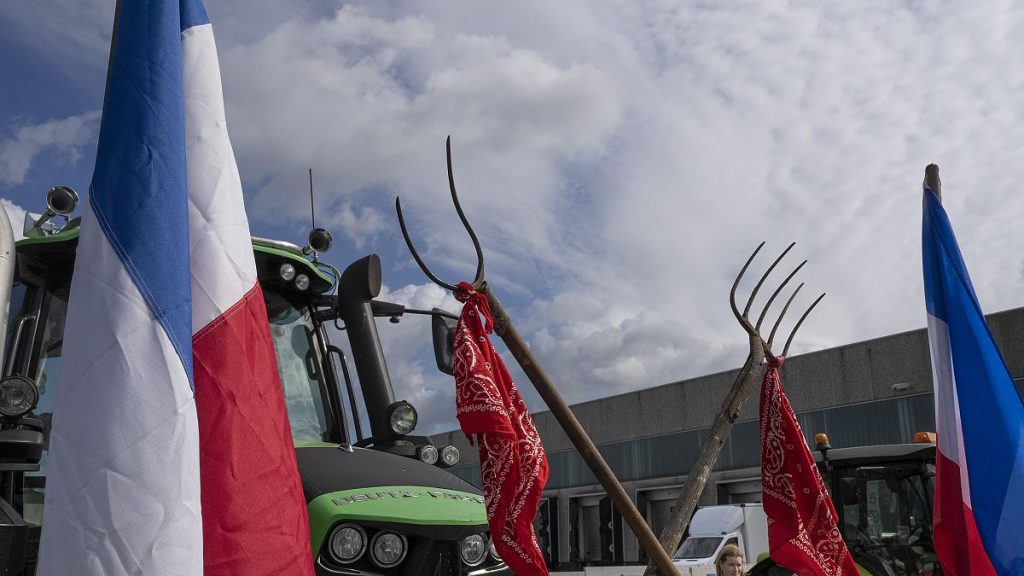The Netherlands’ Farmer-Citizen Movement, BoerBurgerBeweging (BBB), has entered the government for the first time after striking a deal with three other parties to form a right-wing government. This move could potentially impact EU policies, as the party’s inclusion in the executive implies a change in the country’s farming policies, which may have ripple effects within the EU. The coalition agreement emphasizes the importance of agriculture, fisheries, food security, and nature, putting farmers at the helm of policies that will be based on practicality and consultation with farming organizations. The manifesto also pledges to adapt European directives to be more workable and supportive of the earning models of farmers.
One significant shift in policy will be the country’s nitrogen policy, a contentious issue for Dutch farmers. Previous decisions aimed to drastically reduce livestock farming to halve emissions by 2030, but the new government has no plans to reduce livestock populations or force expropriations. Instead, efforts will be made to find better standards in agreement with the EU, while considering emergency measures to address the ongoing nitrogen crisis. The coalition also aims to improve cooperation between arable and livestock farmers for more efficient manure spreading and better access to land for young farmers. Additionally, the government plans to develop new earning models in the food chain and continue reduced fuel excise duty.
The new Dutch government’s approach to nitrogen and phosphate standards, as well as its revisions to vulnerable areas within Natura 2000, could have implications for EU policies. The ruling parties aim to align nutrient standards in surface water with neighbouring countries and reconsider the designation of vulnerable areas within Natura 2000. The government’s stance on the transport of live animals aligns with the EU’s animal welfare requirements, proposing an end to long-distance animal transport that doesn’t comply with these regulations. They also plan to work towards banning imports of products that are not allowed to be produced in the Netherlands to ensure fair trade agreements.
Overall, the inclusion of the BBB in the Dutch government and their focus on agriculture, food security, and nature could potentially influence EU policies on farming, animal welfare, and trade. The new government’s approach to nitrogen policy, cooperation between farmers, and support for young farmers could set a precedent for other EU countries and impact discussions around European directives. By prioritizing practical solutions, consultation with stakeholders, and alignment with EU standards, the Netherlands may lead the way in shaping agricultural and environmental policies within the EU. It remains to be seen how these developments will play out and whether other member states will follow suit in adopting similar approaches.


